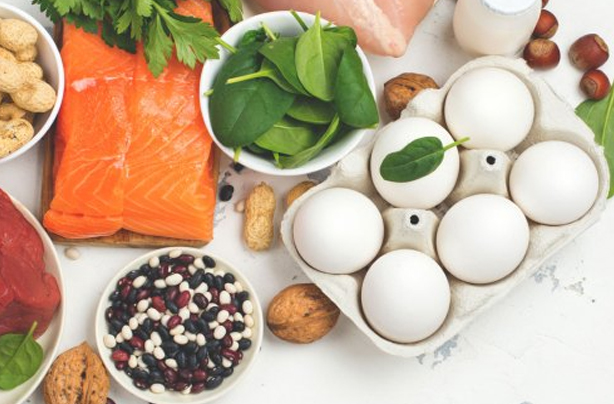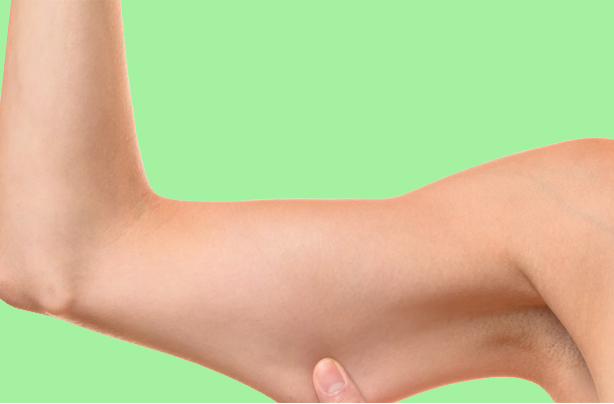7 Signs That Indicate You Have a Protein Deficiency
Proteins are essential for a proper functioning of the body. Around 1 billion people worldwide have protein deficiency. If your body gets little protein, it suffers and cause many health problems.
Learn the signs and symptoms related to protein deficiency so that you’ll know when there’s a problem.

1.Skin and nails problem
If you notice that your nails are weak and brittle, or with white bands and brownish spots, it might be a signal for a protein deficiency. Protein deficiency can affect the skin as well. If you have dry, cracked or flaky skin, go see your doctor as soon as possible.
2.Hair loss
The hair is made up of 90% protein known as keratin. If your body lacks of proteins, your hair may become thinner and fader. This happens when the body stops using protein for non-essential things like hair growth in an effort to preserve it.
3.Fatty liver
Fatty liver is a most common condition in those who consume a lot of alcohol, overweight people, and even obese kids. Fatty liver is one of the most common symptoms of a protein deficiency. If you not treating this health problem on time, it can cause fatty liver disease, also inflammation, liver scarring, and even potential liver failure.
4.Bone fractures
Protein deficiency can increase the risk of bone fractures. The lack of protein weakens the bones, and they become more fragile. That’s why it is very important to increase the intake of protein, especially the calcium which is good for the bone metabolism.
5.Brain fog
Proteins are essential for support of the healthy brain function. If you experience lack of motivation, poor memory or trouble with learning, it might be a sign that you have a protein deficiency.
6.Sleep deprivation
If you experience lack of sleep or suffer from sleep deprivation, it might be a sign of a protein deficiency. This indicates that we must eat protein-rich food before going to bed to get better sleep.
7.Loss of muscle mass

The loss of muscles, weakness in the muscles and pain in the joints are also signs of a protein deficiency. These conditions are mostly common in elderly people. Protein is essential for muscle growth and maintenance.
